Understanding Your Rights During Canadian Police Stops
Did you know that in Canada, the police have the power to conduct over 20 million interactions with the public every year? That’s a staggering number, and it highlights the importance of understanding your rights during police stops.
When interacting with the police in Canada, you have several rights that are protected under the Canadian Charter of Rights and Freedoms. These rights include the right to remain silent, the right to legal representation, and the right to be informed of the reason for your arrest. You also have the right to refuse a search without a warrant and to be treated without discrimination. It’s crucial to have awareness of these rights and to know how to exercise them properly.
Key Takeaways:
- Understand your rights during police stops in Canada to protect yourself
- You have the right to remain silent and the right to legal representation
- You can refuse a search without a warrant and have the right to be treated without discrimination
- It’s essential to remain calm and respectful during police interactions
- If detained, you have the right to contact a lawyer
Your Rights When Talking to the Police in Canada
When interacting with the police in Canada, it is important to understand your rights and what you are legally obligated to do. One of the fundamental rights you have is the right to remain silent. This means that you are not obliged to answer any questions posed by the police.
This right is protected under the Canadian Charter of Rights and Freedoms, which ensures that individuals are not coerced into self-incrimination. However, there are exceptions to this right in certain situations.
For example, if you are stopped by the police while driving a vehicle, you may be required to provide your driver’s license, registration, and proof of insurance. If you are involved in a car accident, it is necessary to exchange information with the involved parties and provide your identification.
Additionally, if the police have reasonable grounds to suspect that you have committed a crime or are about to commit a crime, they may ask you to identify yourself. In such circumstances, you are obligated to provide your name and address.
It is crucial to know your rights and be aware of when you are required to provide certain information to the police. Understanding the limits of your obligation to answer questions can help protect your legal rights.
Another important right when talking to the police is the right to know whether you are under arrest or being detained. The police must have a legal basis for detaining or arresting you, and as an individual, you have the right to be informed of this.
Remaining respectful and calm during police interactions is essential. It is advisable to exercise your rights while still maintaining a polite demeanor. Remember that anything you say may be used as evidence against you, so it is important to carefully consider your responses.

| Know Your Rights | Exceptions |
|---|---|
| You have the right to remain silent when talking to the police. | – When stopped while driving a vehicle |
| You have the right to know whether you are under arrest or being detained. | – When involved in a car accident |
| – When asked to identify yourself |
Your Rights When Pulled Over by the Police
When you are pulled over by the police in Canada, it’s important to be aware of your rights and the protocols that govern police interactions. A traffic stop is a form of detainment, and you still have certain rights even during this interaction with the police.
During a traffic stop, the police have the authority to conduct various checks and inquiries. These may include:
- Verifying your driver’s license
- Checking your proof of insurance
- Examining your vehicle registration
- Ensuring the mechanical soundness of your vehicle
- Determining if you are intoxicated or impaired
- Investigating any suspicion of driving offenses
It’s important to remember that you are obliged to provide your driver’s license, proof of insurance, and vehicle registration when requested by the police during a traffic stop.
However, it’s crucial to know that you still have certain rights in this situation. You have the right to:
- Remain calm and respectful throughout the interaction
- Ask the reason for the traffic stop
- Ask for the officer’s identification if it is not immediately provided
- Know the potential consequences of any charges or offenses
- Request to see the officer’s badge number and name
By understanding your rights and adhering to the proper protocols during a traffic stop, you can ensure that your interactions with the police are conducted in a respectful and lawful manner. Remember, cooperation with the police is important, but it is equally important to protect your rights.
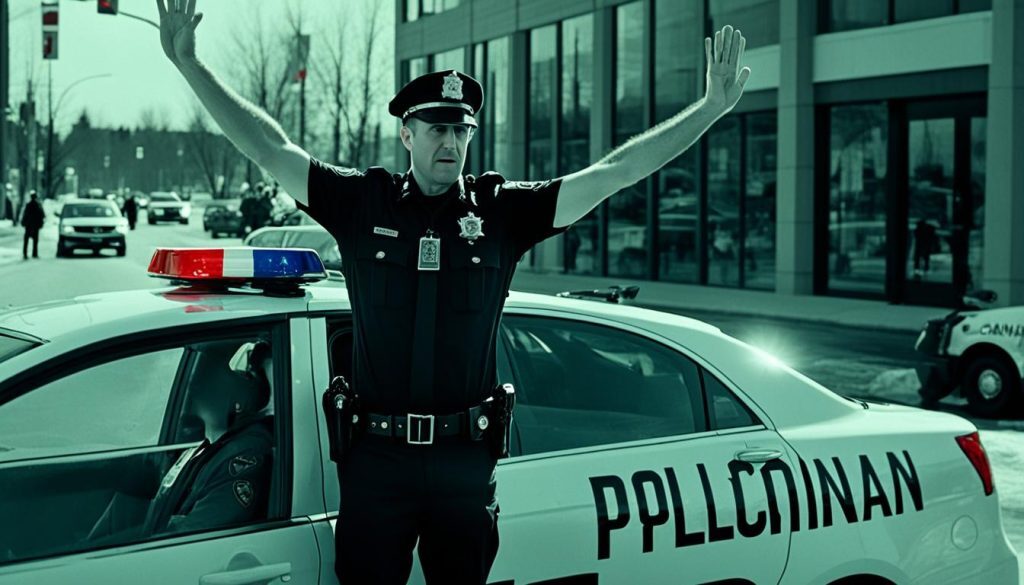
| Your Rights When Pulled Over by the Police | Protocols for Police Interactions |
|---|---|
| 1. Provide your driver’s license, proof of insurance, and vehicle registration when requested. | 1. Remain calm and respectful during the traffic stop. |
| 2. Ask for the reason behind the traffic stop. | 2. Ask for the officer’s identification if not immediately provided. |
| 3. Ask about the potential consequences of any charges or offenses. | 3. Know the officer’s badge number and name. |
What to Do If the Police Want to Interview You
If the police want to interview you, it is always advisable to consult with a lawyer before providing any statements. You have the right to ask the police if you are under investigation, what you are being investigated for, and if you will be placed under arrest when attending the police station. While you are not legally obligated to attend a police interview, a lawyer may advise you to do so after considering all the circumstances and possible consequences. It’s important to remember that anything you say to the police can be used as evidence, so seeking legal advice beforehand is crucial.
| Steps to Take If the Police Want to Interview You |
|---|
| 1. Consult with a lawyer before providing any statements to the police. |
| 2. Ask the police if you are under investigation, what you are being investigated for, and if you will be placed under arrest when attending the police station. |
| 3. Consider the advice of your lawyer before deciding whether to attend a police interview. |
| 4. If you do attend the interview, be cautious with your statements and seek clarification if you don’t understand a question. |
| 5. Refrain from making any false or misleading statements. |
| 6. Be aware that anything you say during the interview can be used as evidence. |
What to Do If the Police Come to Your Home
If the police come to your home, it is important to know your rights and understand when they have the legal authority to enter. In Canada, you are not generally required to answer their questions or grant them access to your home without a valid reason.
The police can only enter your home under specific circumstances, which include:
- Having a warrant to arrest someone or search the premises
- Having your permission or the permission of someone in authority
- Urgent circumstances that require their entry to prevent harm or address an emergency
It is crucial to remain calm and assert your rights if the police come to your home. You have the right to ask for identification and inquire about the reason for their presence. If they do not have a valid reason to enter, you can politely decline their request. It is advisable to consult with a lawyer if you are unsure about the situation.
Remember, it is always essential to protect your rights and ensure that police protocols are followed when dealing with interactions at your home.
Seeking legal advice can provide valuable guidance and help you navigate through any potential issues that may arise during a police encounter at your home.
Your Rights When Under Arrest
When you are placed under arrest in Canada, it’s important to know and understand your legal rights. One of the key rights you have is the right to be informed promptly of the reason for your arrest. This means that the police must provide you with a clear explanation of why you are being arrested.
During an arrest, the police also have the right to search you, your clothes, and anything you are carrying. This search extends to your immediate surroundings, which may include your car if that is where the arrest took place. The purpose of the search is to ensure the safety of the police and the public, prevent the destruction of evidence, and gather evidence related to your guilt or innocence.
It’s important to note that you have the right to remain silent. This means that you are not obligated to answer any questions from the police. It is generally advisable to exercise this right and avoid making any self-incriminating statements. You also have the right to speak to a lawyer, and it is crucial to exercise this right before answering any questions from the police.
In the event of an arrest, it is important to remain calm and cooperative with the police. Resisting arrest or engaging in aggressive behavior can lead to additional charges and escalate the situation. Knowing your rights and understanding how to exercise them can help protect your legal interests during an arrest.
Can the Police Search Your Car?
When it comes to understanding Canadian police procedures and your legal rights during police stops in Canada, one common question that arises is whether the police can search your car. Generally, the police do not have the power to search your car without your consent or a valid reason.
However, there are situations where the police may have the authority to conduct a search. If they have reasonable and probable grounds to believe that there are illegal drugs or alcohol in your car, or if they suspect that there is evidence of a crime, they may proceed with a search. It’s important to note that the police must also reasonably believe that the evidence, drugs, or alcohol would be removed or destroyed if they were to obtain a search warrant.
Knowing your rights and understanding when the police have the legal authority to search your car is crucial. By being aware of your rights, you can make informed decisions during police interactions and protect your privacy.
It’s important to remember that if you do not consent to a search, you should clearly express your objection. However, it’s also crucial to remain calm and respectful during these interactions to avoid any unnecessary complications.
If you believe that your car has been searched without a valid reason or without your consent, it’s advisable to consult with a lawyer to understand your options and protect your rights. A legal professional can provide guidance specific to your situation and help you navigate the legal processes involved.
When Can the Police Search You?
Knowing your legal rights during police stops in Canada is crucial to protecting your rights and ensuring fair treatment. Generally, the police can only search you if you have been placed under arrest or if you have given them your consent. However, there are exceptions to this rule that you should be aware of.
For instance, the police may conduct a search without a warrant if they suspect you have drugs and are searching a specific location, if they suspect you have alcohol in your vehicle, or if they believe you possess an illegal weapon or one used to commit a crime. These situations provide the police with legal grounds to search you even without your consent.
If you believe you have been subjected to a search without proper legal justification, it is important to express your objection respectfully. Additionally, consulting with a lawyer who specializes in criminal law can provide you with the guidance and support you need to navigate this situation and protect your rights.
- Canada Arrest Protocol: What Police Say Upon Arrest - June 12, 2025
- Can Police Disclose Who Reported You? Find Out Here - June 6, 2025
- 2025 Window Rebates Ontario: How to Save Money While Replacing Windows and Doors - April 24, 2025
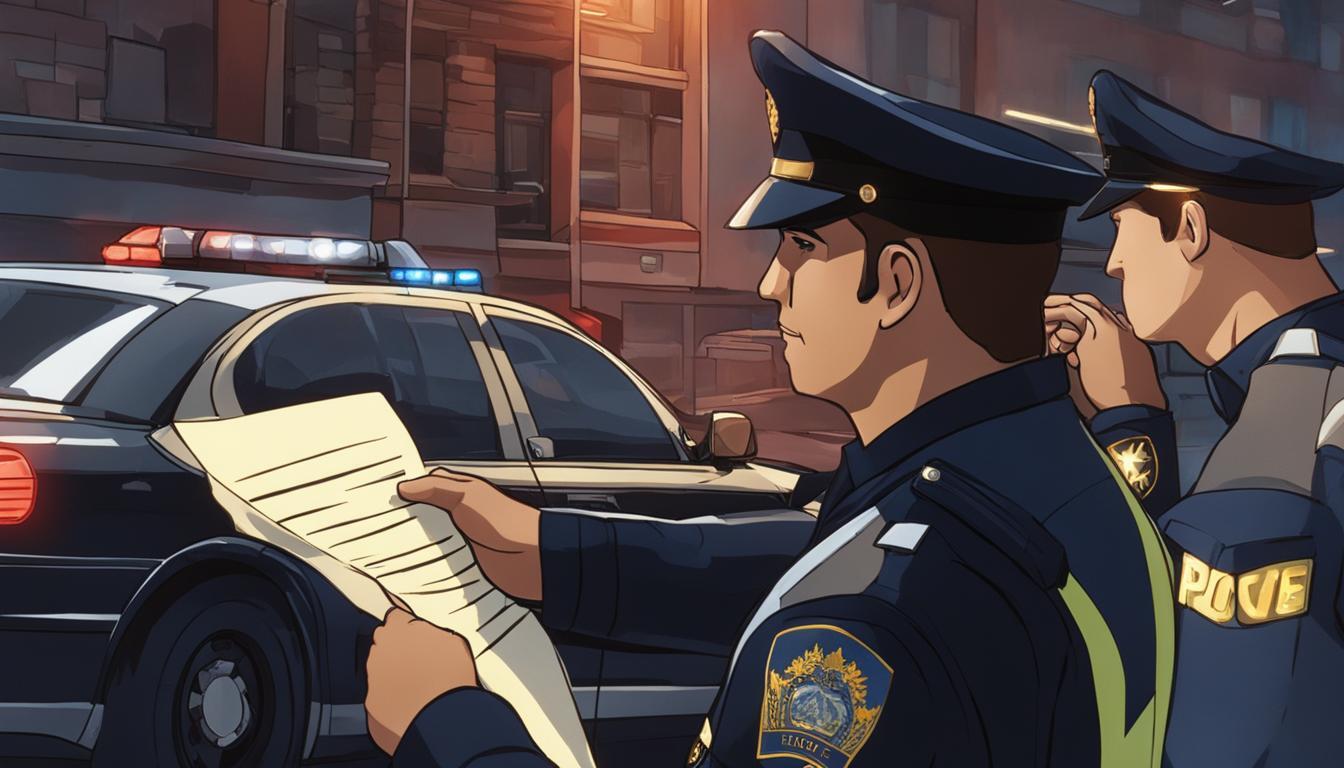
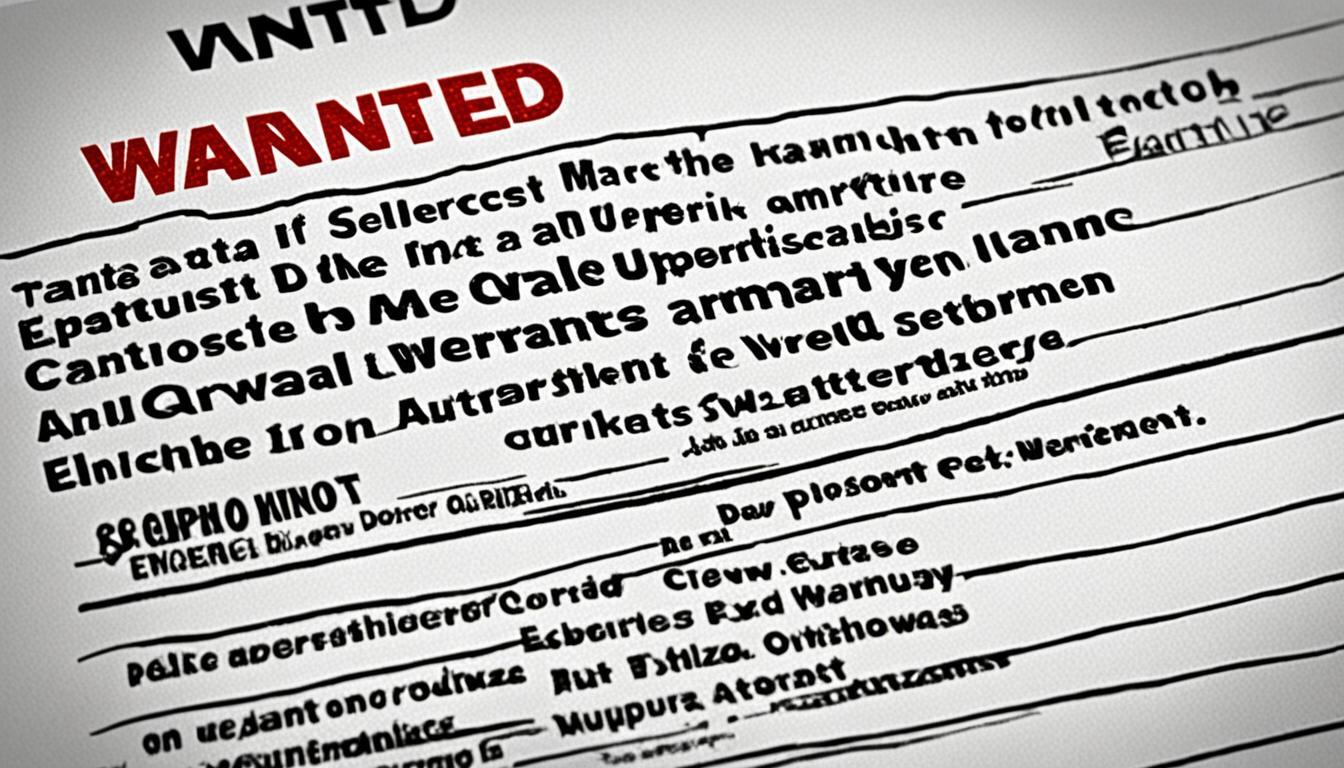
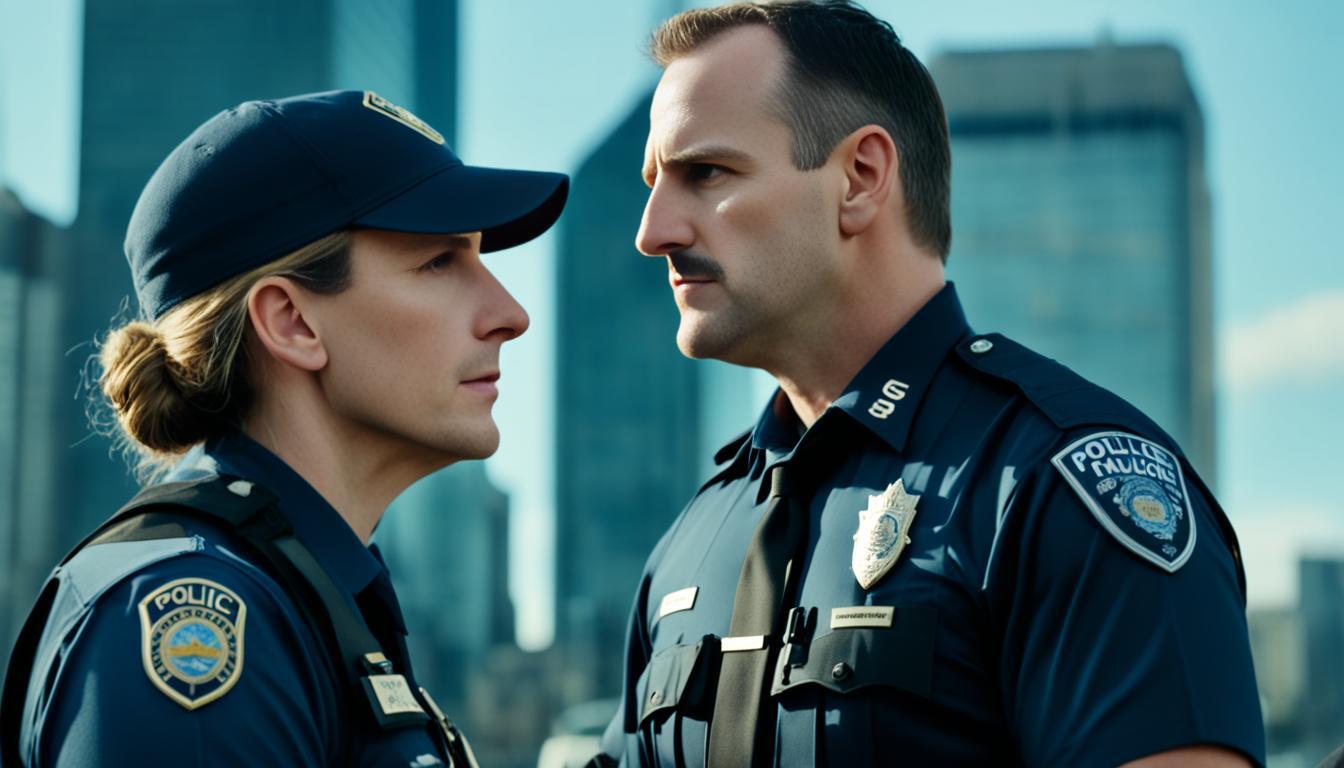

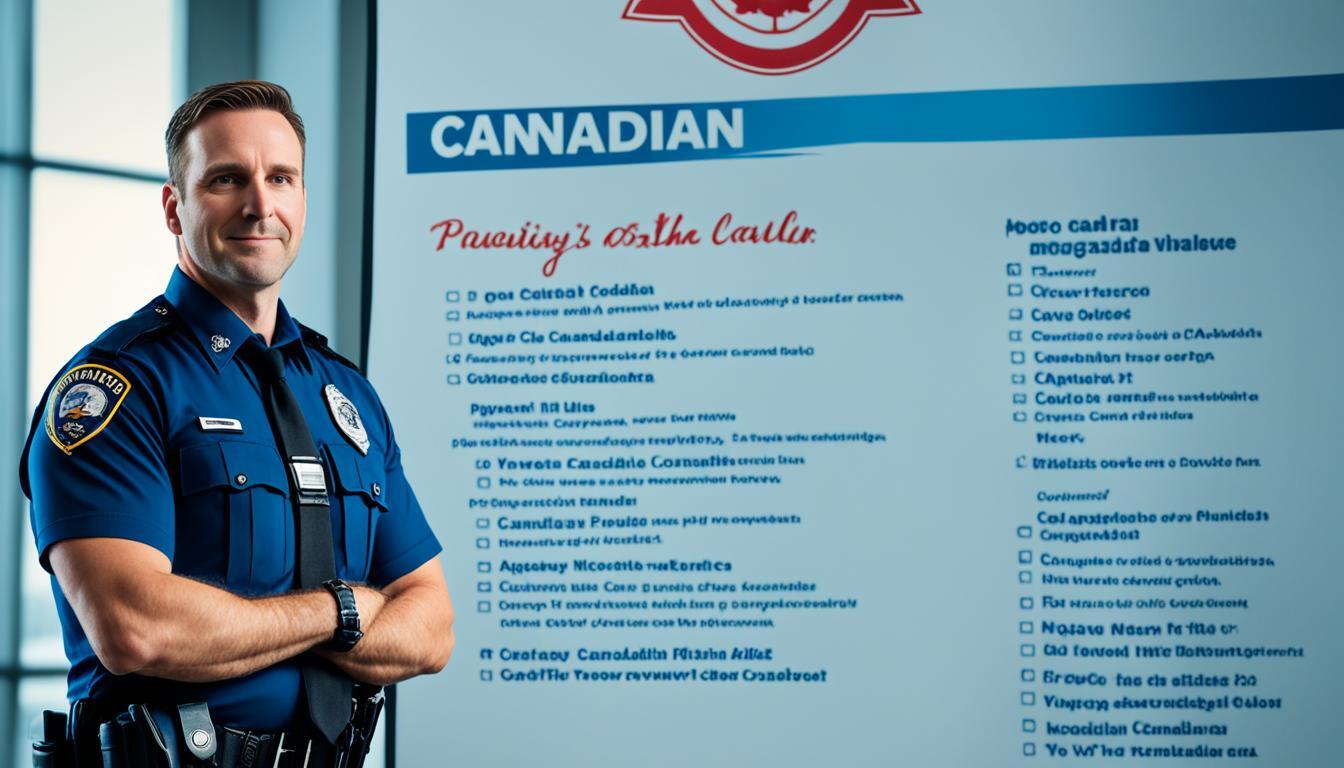
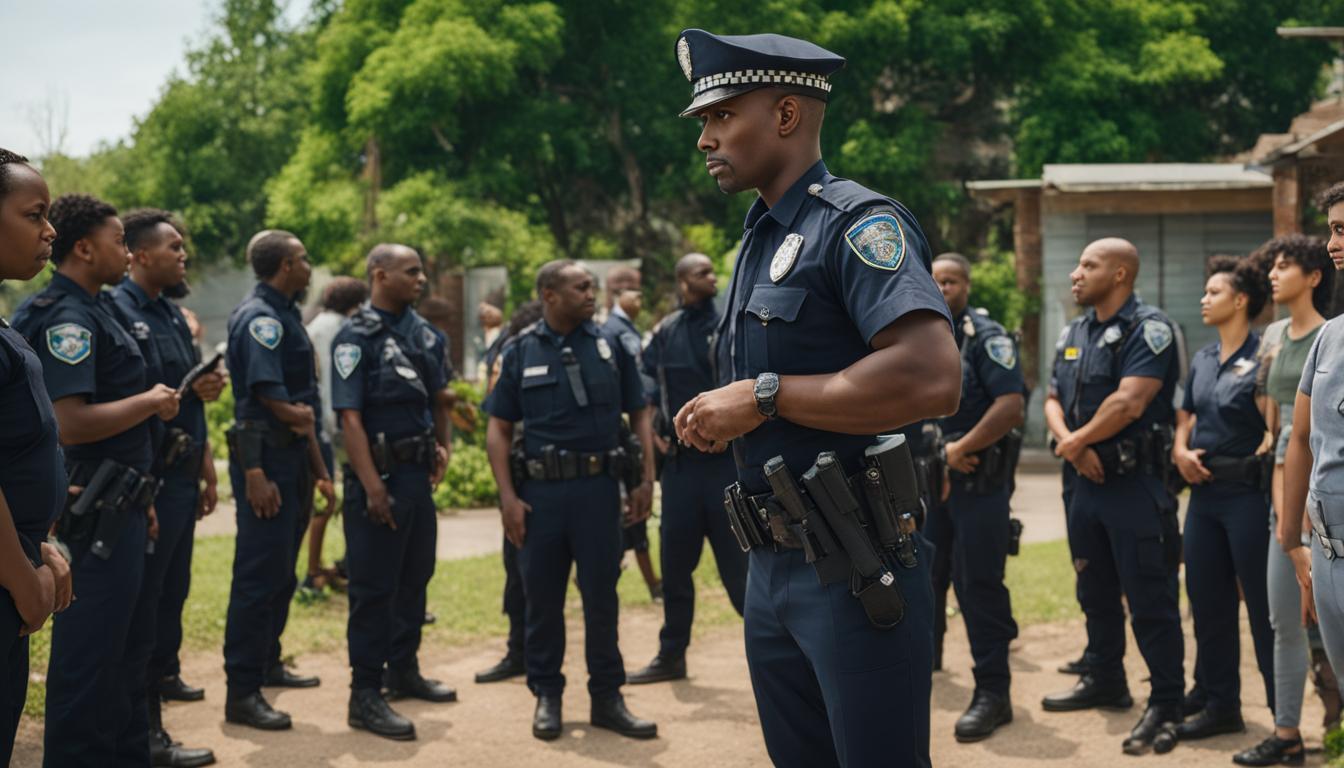
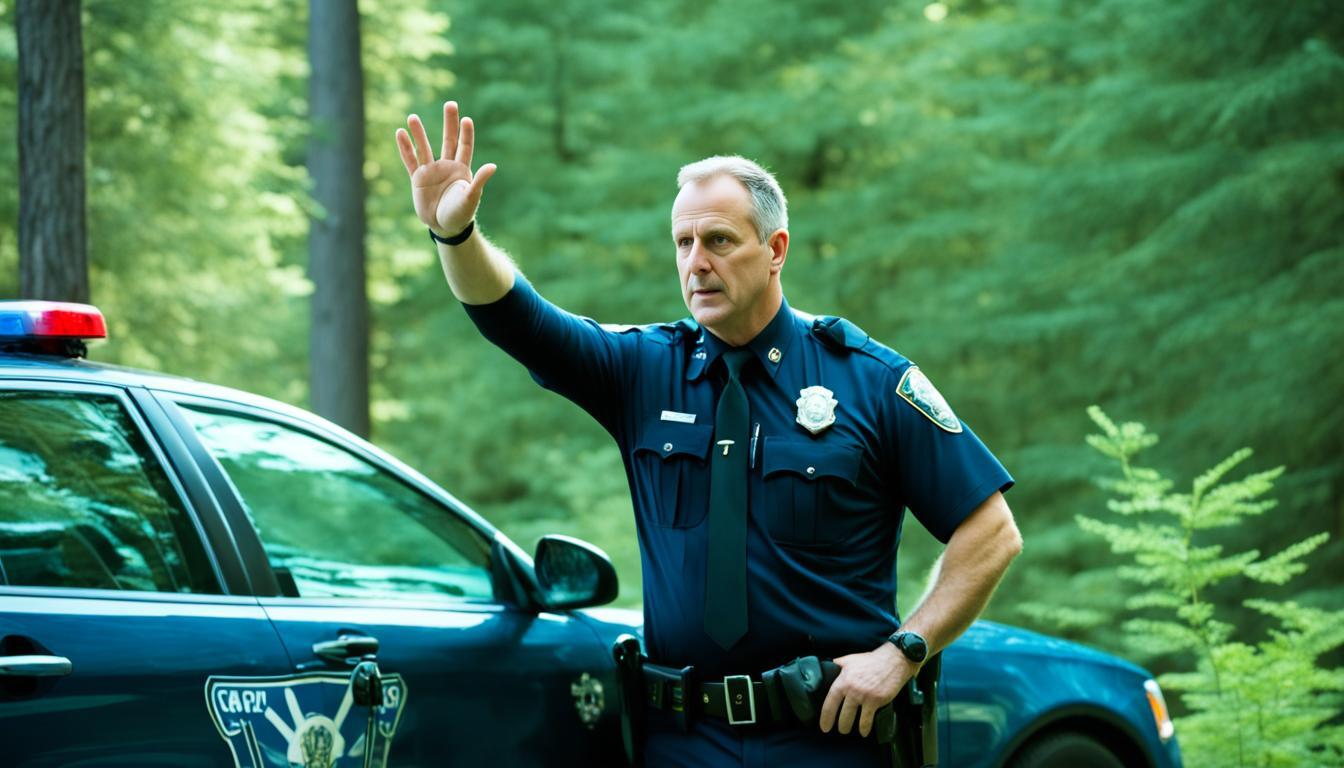
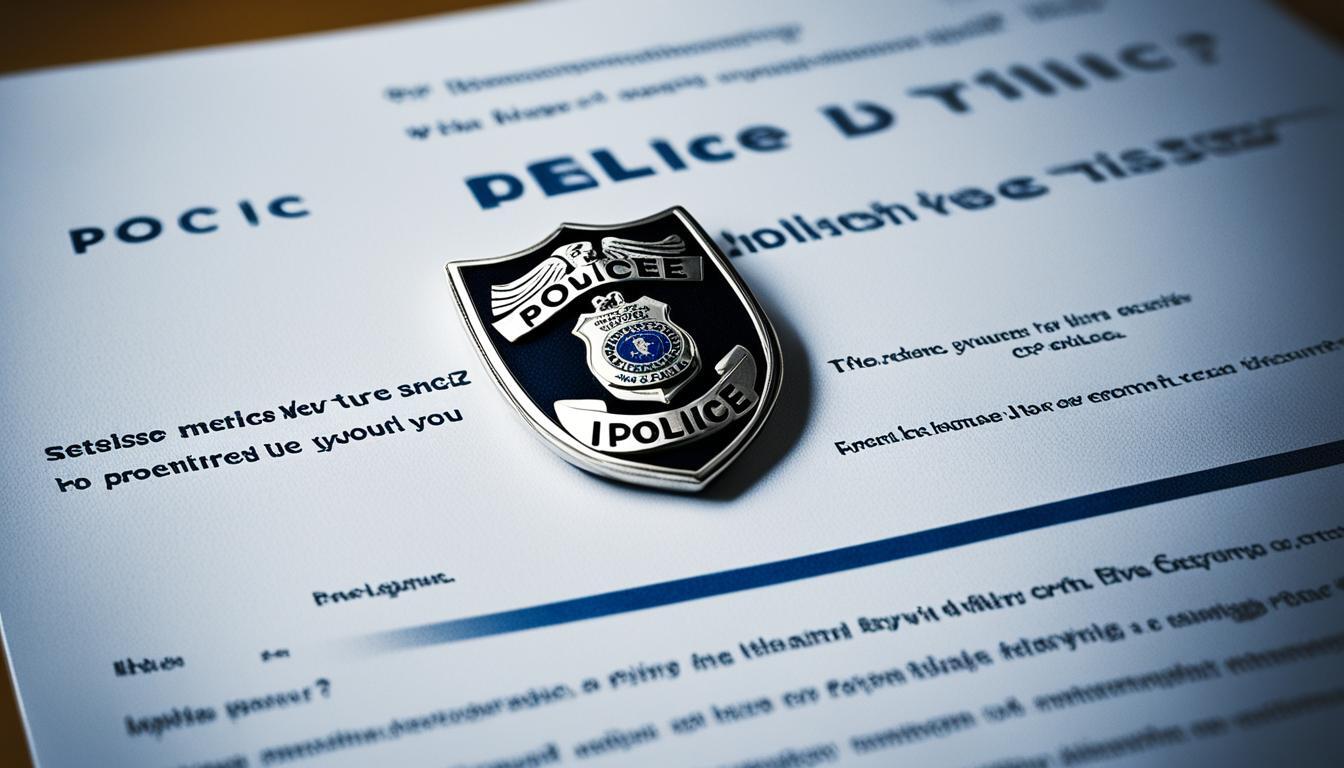











Post Comment